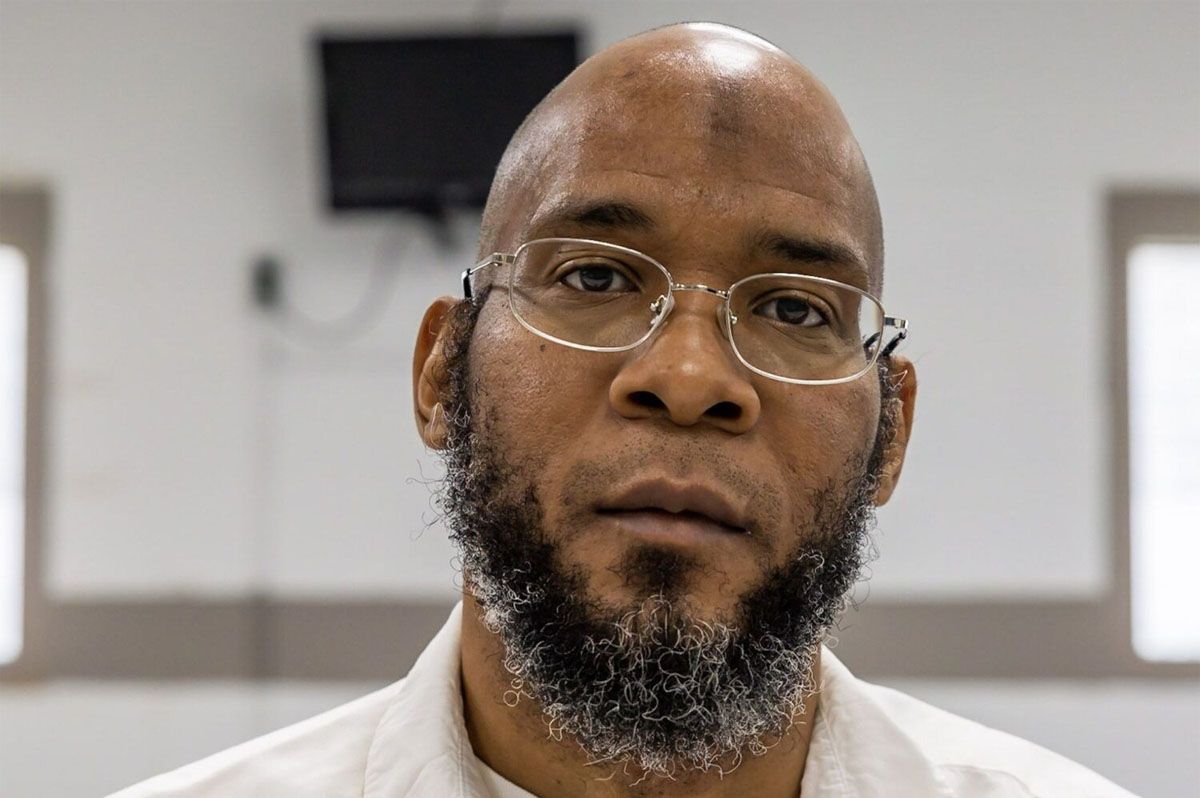
Williams' case has become a flashpoint in the ongoing debate over the death penalty, with advocates arguing it exemplifies the inherent risks of capital punishment and the need for reform.
In 1998, Gayle was stabbed 43 times in her home in a St. Louis suburb. Williams, who had a criminal record for robbery, was convicted of the murder in 2001 based largely on testimony from two informants. However, his lawyers argue that these witnesses had questionable motives and their stories conflicted with other evidence.
Recent DNA testing of the murder weapon revealed an unknown male profile, not matching Williams. Additionally, the St. Louis County Prosecutor's Office, which handled the original trial, has now argued that the DNA evidence could exclude Williams as the killer.
Yet, on Monday, September 23rd, the Missouri Supreme Court declined to halt the execution, stating that Williams had "exhausted due process" and that "nothing from the real facts of this case have led [the Governor] to believe in Mr. Williams' innocence."
Tricia Rojo Bushnell, an attorney for Williams, decried the decision, stating that "Missouri is poised to execute an innocent man, an outcome that calls into question the legitimacy of the entire criminal justice system."
The case has pitted the current St. Louis County Prosecuting Attorney, Wesley Bell, who believes Williams is innocent, against Missouri's Republican Attorney General, Andrew Bailey, who has fought to uphold the conviction.
With time running out, Williams' lawyers have filed last-ditch appeals to the U.S. Supreme Court, arguing his due process rights were violated and that there is evidence of racial bias in the jury selection.
As the execution date looms, the fight to save Marcellus Williams' life has become a larger battle over the death penalty itself - one that could have far-reaching implications for the American criminal justice system. The outcome may determine whether an alleged innocent man faces the ultimate punishment, or if the system will heed the calls for reform and reckon with its flaws.

















